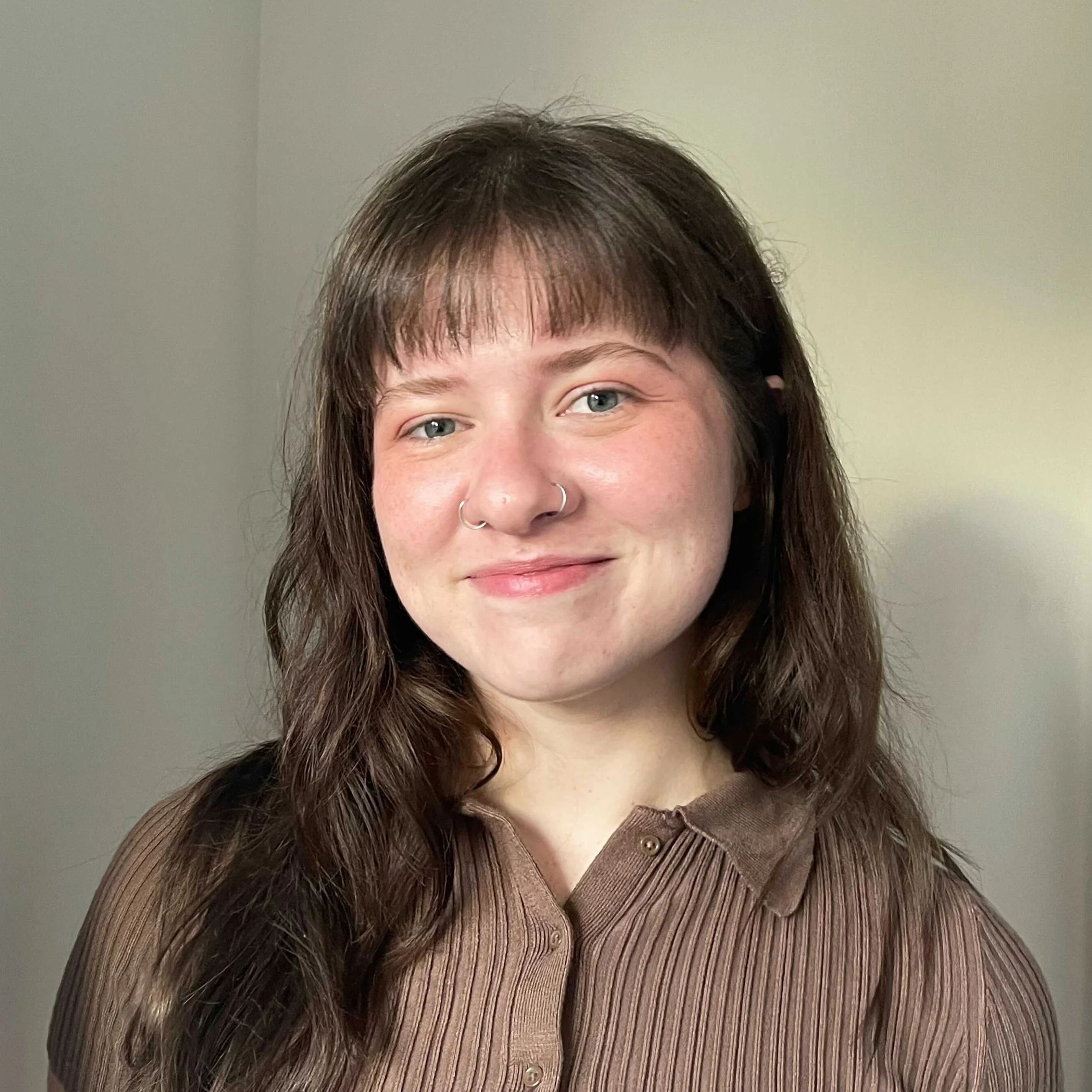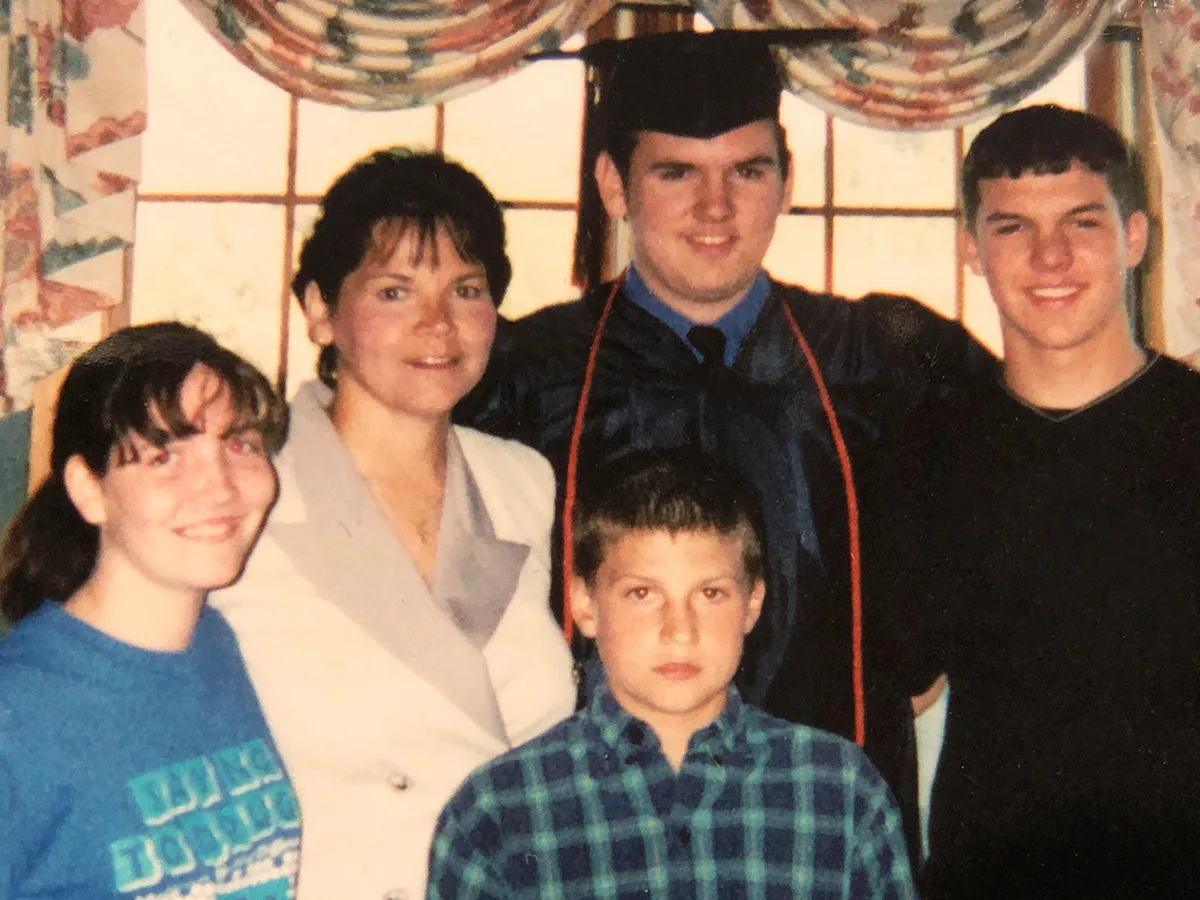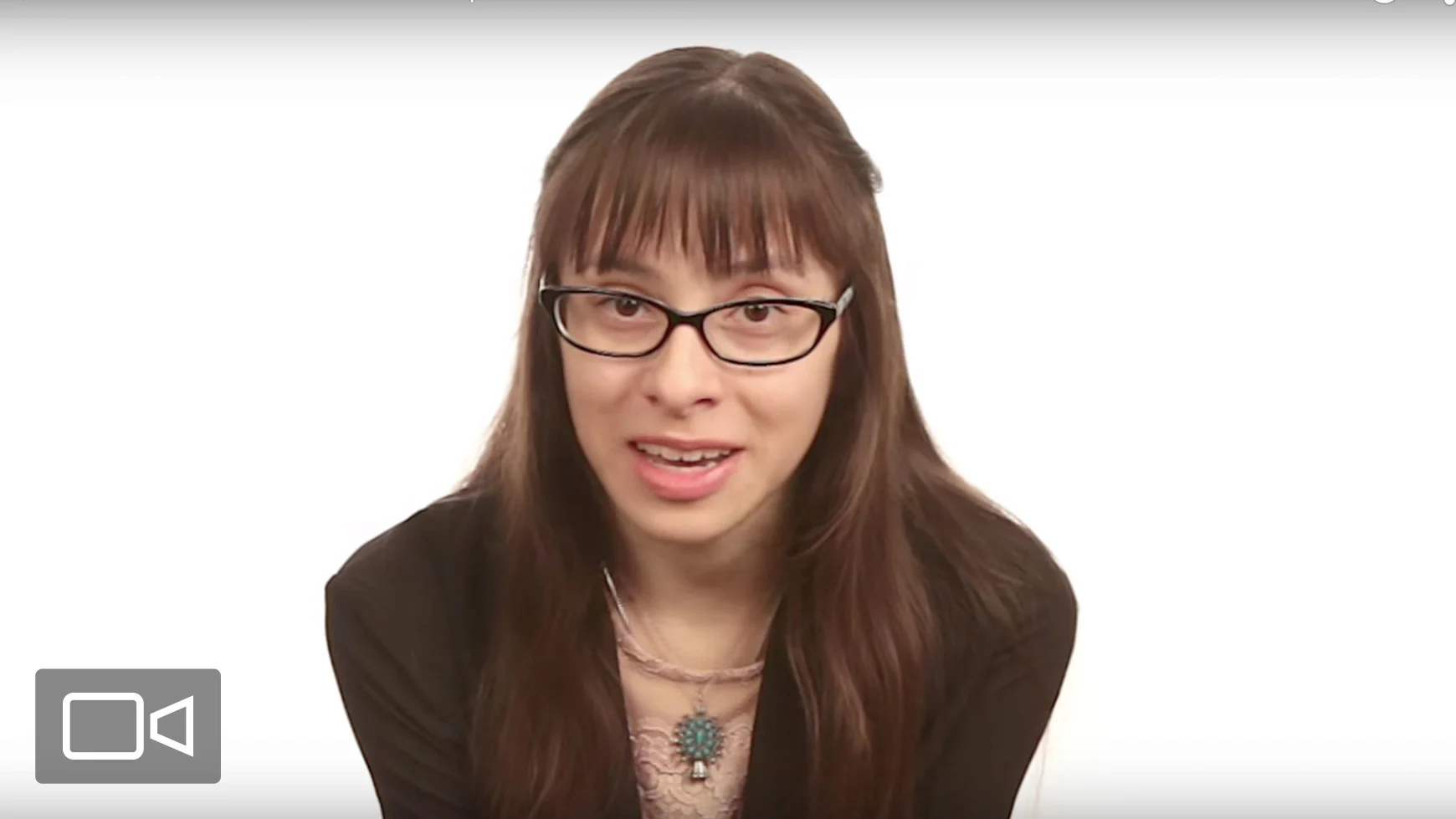Goodenough grew up in New Haven, Connecticut, near Yale University. Despite early struggles with dyslexia, he entered Yale in 1940 to read philosophy, Greek, mathematics and chemistry. This intellectual breadth influenced the importance that he later attached to interdisciplinary research. After serving as a meteorologist for the US Army during the Second World War, at 24 years old he enrolled to study for a physics PhD at the University of Chicago in Illinois. In his 2008 autobiography Witness to Grace, John recalls the professor who registered him saying: “I don’t understand you veterans. Don’t you know that anyone who has ever done anything significant in physics had already done it by the time he was your age?” He clearly was an exception.
https://www.nature.com/articles/d41586-023-02152-0?
Celebrities with dyslexia, ADHD, and dyscalculia
Some of the biggest names in movies, music, and sports are people who struggled in school with ADHD, dyslexia, and dyscalculia. A number of celebrities found their passions and strengths because of their learning and thinking differences.
Octavia Spencer (dyslexia)
Octavia Spencer has won an Academy Award and a Golden Globe for her acting. She’s also a children’s author who knows what a challenge reading can be for some kids. That’s because Spencer has dyslexia. She vividly recalls how scared she was as a child when she had to read aloud in class. “I was paralyzed with fear because I kept inverting words and dropping words,” she has said. However, she stresses that dyslexia shouldn’t prevent kids from pursuing their dreams. “[It] doesn’t really mean that you’re not intelligent — it just means that your brain functions differently,” she has said.
Steven Spielberg (dyslexia)
Legendary film director Steven Spielberg wasn’t diagnosed with dyslexia until he was in his 60s. School administrators thought he was lazy. He was bullied by classmates, and his troubles in school played a part in his career. Not only did making movies give him a place to channel his energies, but feeling like an outsider helped him co-write The Goonies, a hit movie about a quirky group of friends who didn’t quite fit in at school. He said finding out as an adult that he has dyslexia was like “the last puzzle piece to a great mystery that I’ve kept to myself.”
How can we help?
Solange Knowles (ADHD)
Singer Solange Knowles didn’t believe that ADHD was real. So, after getting diagnosed with ADHD, she went to another doctor for a second opinion. “I didn’t believe the first doctor who told me and I had a whole theory that ADHD was just something they invented to make you pay for medicine, but then the second doctor told me I had it.” She recognizes that a lot of people in the music industry tend to have symptoms of ADHD that she experiences, too — like starting a project and not finishing it.
Justin Timberlake (ADHD)
Justin Timberlake is many things. He’s a singer-songwriter, actor, and entrepreneur. He’s also one of the many adults — and musicians — in the United States who have ADHD. Early in his career, Timberlake co-starred on Disney’s All New Mickey Mouse Club with Ryan Gosling, who as a child was diagnosed with ADHD and was bullied before he became a Mouseketeer and movie star.
Ryan Gosling (ADHD and difficulty reading)
Actor Ryan Gosling has ADHD and trouble reading. Growing up, he struggled and was bullied because of his challenges. His mom eventually decided to homeschool him and encouraged him to explore his passions — performing and acting. He’s now a celebrated actor who’s starred in movies like The Notebook and La La Land.
Cher (dyslexia and dyscalculia)
Academy Award?winning actress and Grammy-winning singer Cher struggled in school with undiagnosed learning differences. “I couldn’t read quickly enough to get all my homework done and for me, math was like trying to understand Sanskrit,” she wrote in her autobiography The First Time. “The only way I learned was by listening to the teachers in my classroom.” She didn’t find out about her dyslexia until years later when her child got evaluated.
Trevor Noah (ADHD)
The Daily Show host Trevor Noah opened up in a 60 Minutes interview about how ADHD has affected his life. “I think over the years, what I’ve come to learn, thanks to some great therapists, is my depression is created by a severe level of ADHD,” he said. Noah’s ADHD made it hard for him to manage daily routines, and it made him feel like he wasn’t cut out for the world. With added skills and understanding, he was able to thrive alongside these challenges.
Tom Holland (dyslexia)
Tom Holland is the latest in a long line of friendly neighborhood Spider-Men. He also has dyslexia. In an interview with 11-year old YouTuber Jazzy, he talked about how it’s important to give yourself all the time you need to read and understand. “It’s just about taking your time, and giving yourself an appropriate amount of time to do the things you need to do,” he said. Skilled in gymnastics and acting, Holland used those passions to kick-start his career — and eventually land the superhero role.
Whoopi Goldberg (dyslexia)
Long ago, before Whoopi Goldberg was diagnosed with dyslexia and before she knew how common this learning difference is, kids in school called her “dumb.” But her mother told her not to listen to them. Her mom told her she could be anything she wanted to be. Goldberg believed her and grew up to become a comedian and talk-show host — and one of only about a dozen people to have won a Grammy, an Academy Award, an Emmy, and a Tony Award. She says that thinking differently has been a factor in helping her succeed.
Tim Tebow (dyslexia)
Former NFL quarterback Tim Tebow has dyslexia. His father and brother do, too. Learning differences can run in families. He was diagnosed in elementary school and found ways to work around his reading difficulties. Tebow is one of many NFL players who have been open about their learning and thinking differences. “It has to do with finding out how you learn,” he said. “I’m not somebody that opens a playbook and just turns and reads and reads. So I just made flashcards. I take each one, and then boom, when I’m traveling, I just flip through it. That really helped me. Writing it down, flipping through and quizzing myself, that was a great way for me to do it.”
Michael Phelps (ADHD)
Swimmer Michael Phelps holds the record for winning the most Olympic medals. He has ADHD and was hyperactive as a child. “I was always the kid who was running around,” he said. “I literally couldn’t sit still.” His mother used his love of swimming to help him focus.
Henry Winkler (dyslexia and difficulty with math)
Henry Winkler is an actor, director, and author who has dyslexia and difficulty with math. On Happy Days, he played “The Fonz,” a role so iconic that his character’s jacket now hangs in the Smithsonian. But a new generation of fans may know him better for his roles in Arrested Development and Barry, and for co-authoring the best-selling Hank Zipzer children’s series. Like Winkler, Hank struggles with learning differences but doesn’t let them get in the way of his dreams. Winkler also visits schools to talk about learning differences. To honor his educational work, the Queen of England made him an Honorary Officer of the Most Excellent Order of the British Empire in 2011.
Anderson Cooper (dyslexia)
CNN news anchor Anderson Cooper has dyslexia. He’s also an author with a deep love for books and literature. His own book, Dispatches From the Edge: A Memoir of War, Disasters, and Survival, was on the New York Times best-seller list.
Lisa Ling (ADHD)
Award-winning TV journalist Lisa Ling struggled in school from the time she was a child all the way through college. She eventually dropped out of college, went on to become a producer, special correspondent and, eventually, an investigative journalist with her own show. While reporting on ADHD, she discovered that her own struggles are because she, too, has ADHD. It was a relief and allowed her to look at herself in a new way. “In a strange way I do feel like it has helped me. I can hyperfocus on things that I am excited and passionate about,” she has said.
These celebrities are just a few examples of people who are thriving with dyslexia, ADHD, and dyscalculia. But being famous isn’t the only way to thrive. There are countless examples of everyday people who are thriving in their own ways. Explore our podcasts to hear relatable stories from parents, young adults, and more.
About the author
Margie DeSantis is an associate editor at Understood.




